The Most Important Parts of a Healthy Skincare Routine
SUNSCREENS
You may tire of hearing it, but to keep your skin healthy — both to reduce the risk of skin cancer, but also to maintain an appealing cosmetic appearance — you must use a broad-spectrum sunscreen and you must reapply it often, even in the winter. It is thought that over 90% of skin aging effects are caused solely by the sun. All skin tones are subject to the cosmetic aging effects of the sun, even if some skin tones are more prone to skin cancers. In fact, people with less fair complexions and who do not burn easily, often never develop the daily regular habit of using sunscreen, and are the ones who end up with more cosmetic sun damage. Sunscreens work by physical and chemical means. The active ingredients of physical sunscreens, zinc and titanium dioxide, block and reflect UVA and UVB rays from the sun.
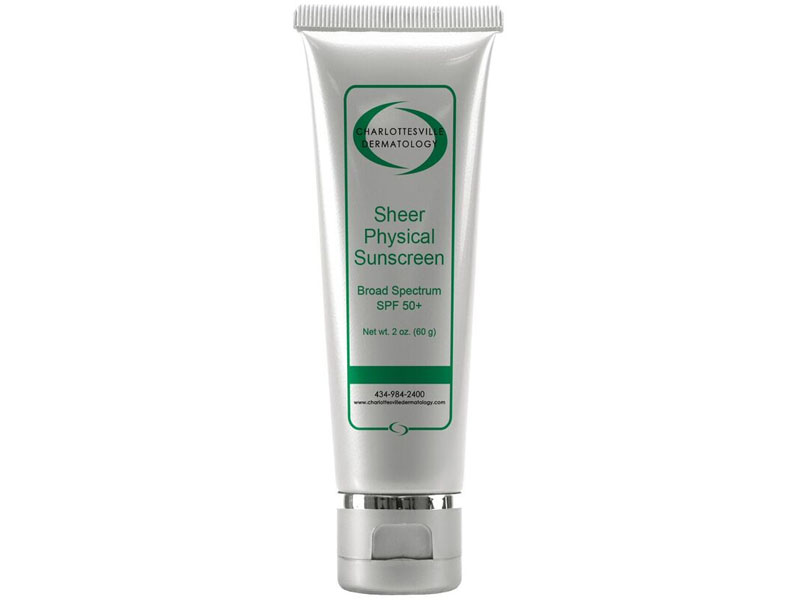
Other sunscreens are made of chemicals, which work by absorbing the ultraviolet rays before they penetrate the skin.
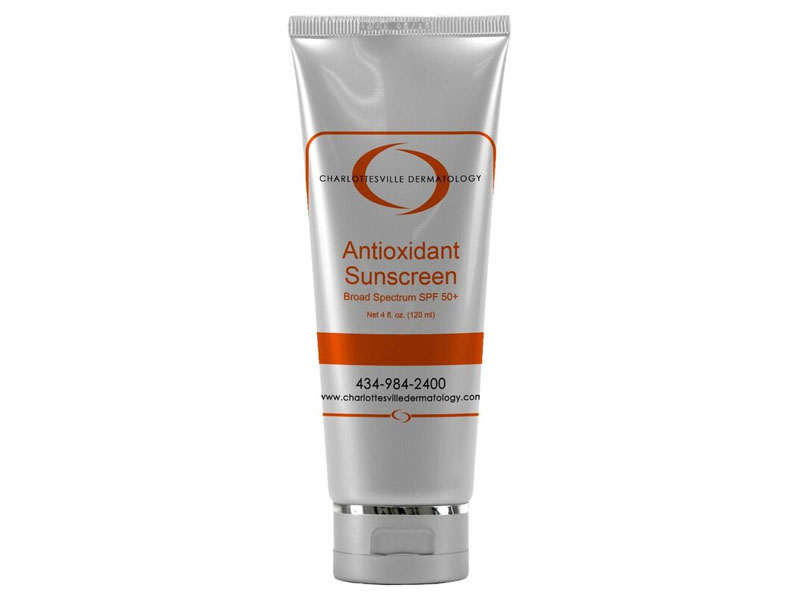
The best product lines provide safe, oil-free, and non-comodogenic chemical and/or physical barriers with added benefits such as antioxidants and water resistance. A great supplement to sunscreen is wearing sun protective clothing, hats, and sunglasses.
ANTIOXIDANTS
Free radicals are inflammation-causing byproducts that are formed when oxygen is used by the body. Free-radical damage in the skin alters its DNA, which causes the visual and hidden signs of aging. In particular, free radicals break down collagen proteins, which are necessary for maintaining the skin’s elasticity and strength, and which help the skin appear more supple and young. Antioxidants are the solution to fighting the presence of, and minimizing the damage caused by free radicals. When talking about antioxidants, more is better. A well rounded approach starts with eating a diet rich in antioxidants. Topical antioxidants come in a variety of forms, and by adding skin products that contain Vitamin C, Vitamin E, Coenzyme Q10, and grape, rosemary, or green tea extracts, topical formulas can seep into the dermal layers of skin, neutralize free radicals there and allow collagen production to continue. Vitamin C is sensitive to heat, light, and oxygen, so be sure to inquire about the stability of the molecule with any purchase. For people with rosacea, topical Vitamin C may irritate the rosacea. In our office, Tiffany Garrison can suggest alternatives to Vitamin C formulations.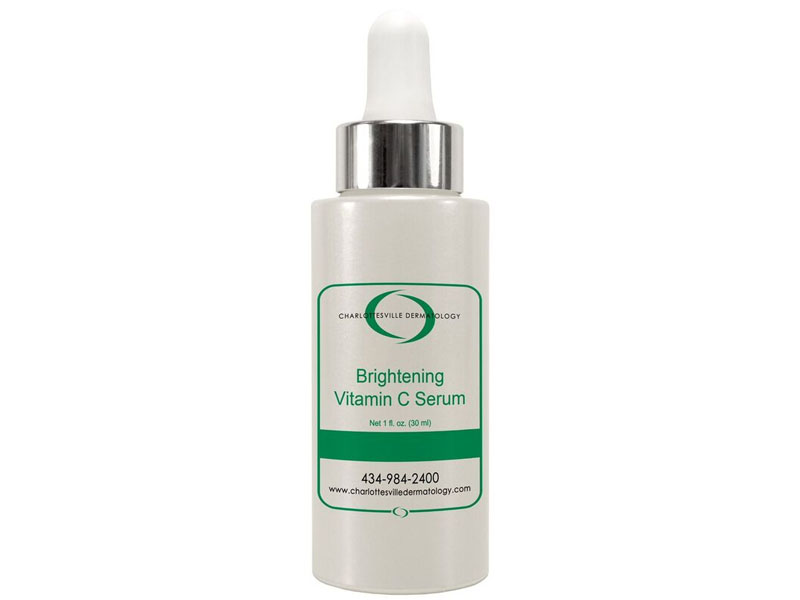 I would also recommend considering adding retinoic acid to your skin care regimen. This is the active form of Vitamin A and considered “gold standard” in anti-aging skin care. Topical retinoic acid treats fine wrinkles, age spots, and rough skin caused by sun exposure. Again, some stronger retinoic products can irritate sensitive skin. Tiffany in our office can make recommendations on the different retinoic formulations that are more tolerable for sensitive skin while still being effective.
I would also recommend considering adding retinoic acid to your skin care regimen. This is the active form of Vitamin A and considered “gold standard” in anti-aging skin care. Topical retinoic acid treats fine wrinkles, age spots, and rough skin caused by sun exposure. Again, some stronger retinoic products can irritate sensitive skin. Tiffany in our office can make recommendations on the different retinoic formulations that are more tolerable for sensitive skin while still being effective.
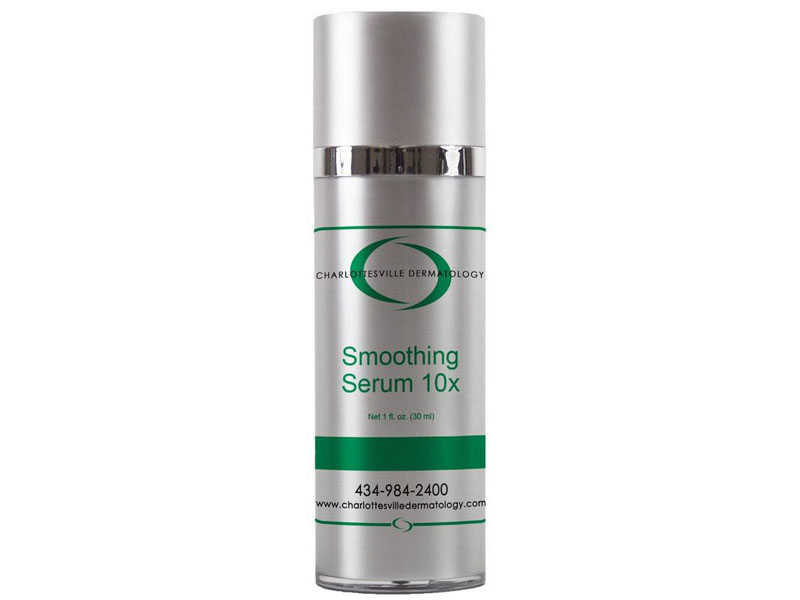
HYDRATION
Skin needs to be properly hydrated to look its best. Water-boosting skincare products are a great way to do this. Hyaluronic acid is an amazing water-attracting substance that can be purchased in many over-the-counter topical products. My favorites are hyaluronic acid serums that feel refreshing on the skin.
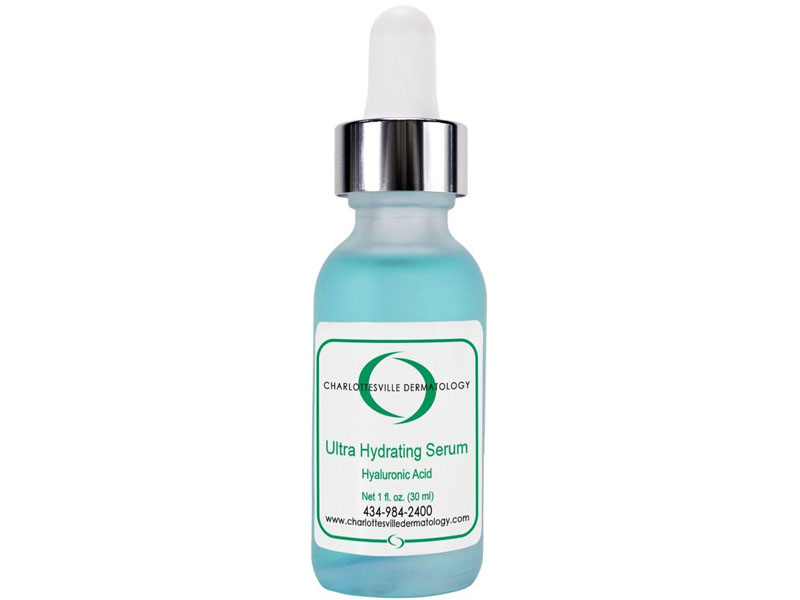
Eat water rich foods to hydrate the skin and body such as berries, watermelon, cucumbers, celery, bell peppers, and lettuce. Foods rich in omega 3 fatty oils also bring moisture to your skin. Turn down the temperatures in your baths and showers because these steamy sessions can strip your skin of needed oils. Adding a humidifier to your bedroom can boost hydration. And avoid overdoing it with alcoholic beverages.
EXFOLIATION
Dry skin can come just from the dead skin sitting on the surface. By physically or chemically exfoliating this skin away, you can stimulate your body to create new skin cells. The use of a skin care brush or adding glycolic or salicylic acid cleansers are a great in home solution. For general maintenance, aim to exfoliate at least twice a week.
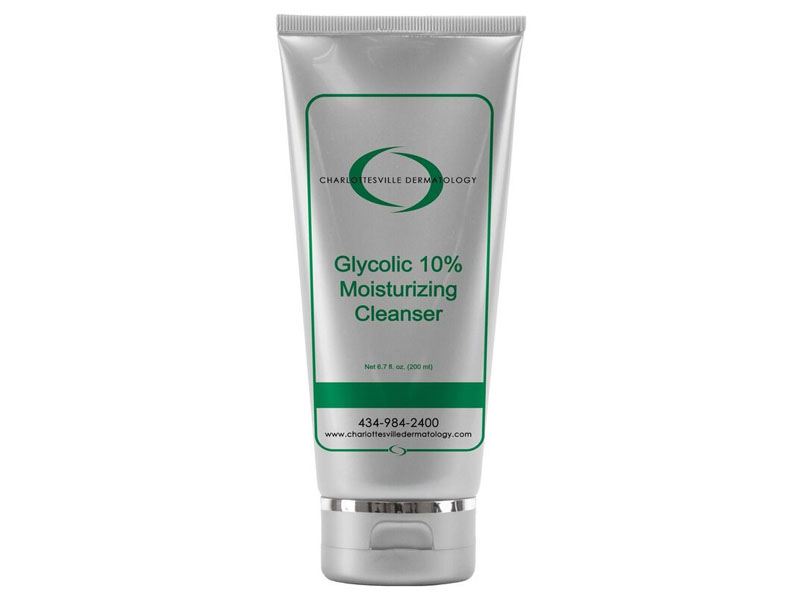
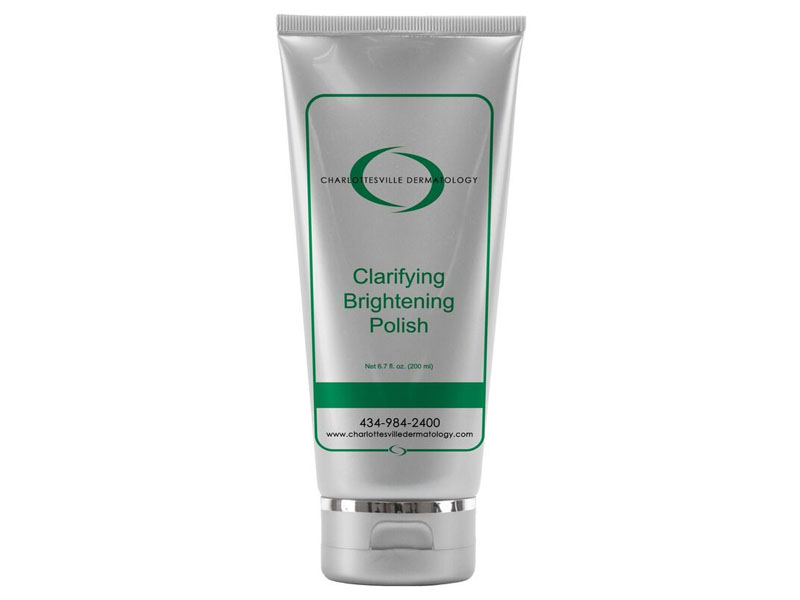
A great way to jump start the process is a microdermabrasion, microneedling or chemical peel. If you have questions about the benefits of each of these procedures, their cost, or their downtimes, please do not hesitate to contact me. I would be happy to schedule you in for a cosmetic consultation.
Katherine Loose, PA-C
